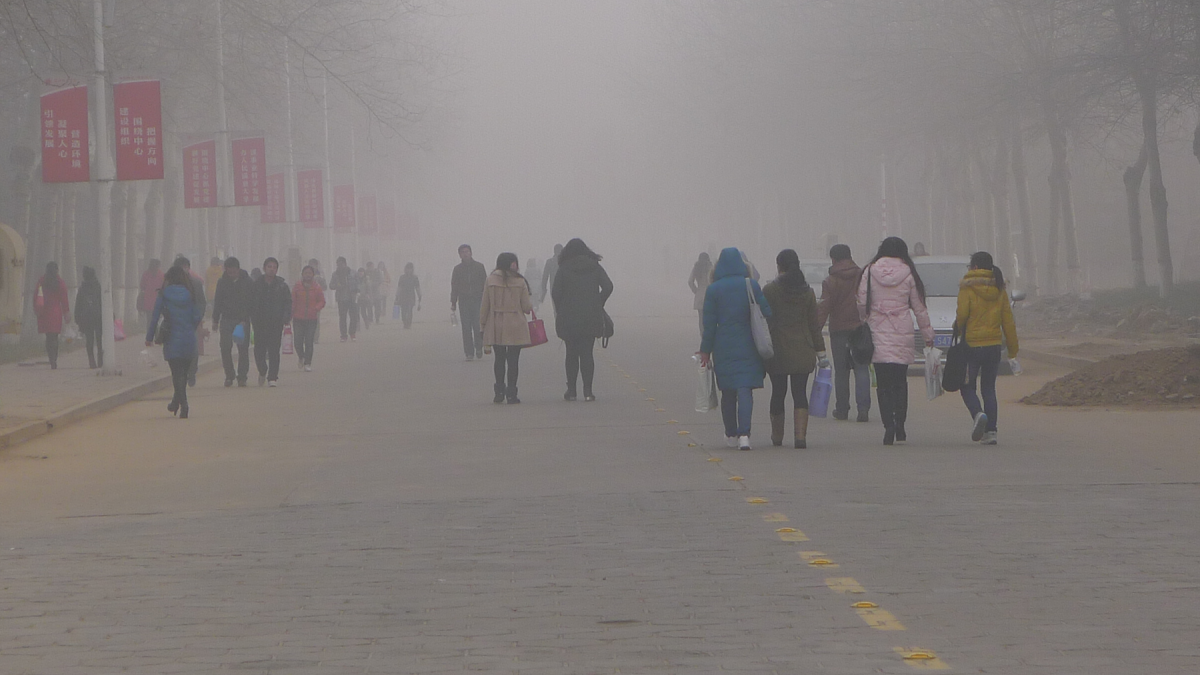Every day, billions of people breathe dirty air. Join activists on the frontlines of the fight against pollution around the world as they share insights from their local clean-up efforts, innovative solutions to improving air quality and more.
Join the conversation: #BeatPollution
In cities around the world, air pollution is reaching crisis levels. Breathing in New Delhi’s smog now carries the same health risks as smoking 44 cigarettes; toxic air continues to shutdown schools across Iran’s capital; and this past winter, dangerously high pollution levels across China forced 28 industrial cities to cut steel production in half. These cities aren’t alone. Globally, air pollution is responsible for one in nine deaths each year, making it the world’s top environmental health risk.
But momentum to tackle air quality challenges is growing, and in many countries, community leaders, local activists and civil society organizations are at the forefront of these changes. They are tackling persistent challenges — developing open-source air pollution data platforms to close information gaps, raising public awareness to mobilize support for long-term air quality management policies and taking legal action against governments and companies to hold them accountable to national standards.
Join air pollution leaders and activists from around the world for a conversation on air quality, socio-environmental impacts of rising pollution and governance challenges at the heart of the global crisis. Speakers will showcase innovative solutions from their communities and highlight steps that everyone — private sector executives, government policymakers and local communities — can take to clean up the air we breathe.
Speakers
Chris Hasenkopf, Chief Executive Officer, OpenAQ
Ritwick Dutta, Environmental Lawyer and Managing Trustee, Legal Initiative for Forest and Environment
Timothy Lloyd, Attorney, Centre for Environmental Rights
Ugo Taddei, Lawyer and Clean Air Project Leader, ClientEarth
Carlos Gonzalez Penilla, Executive Director, MAKAIA
Kate Logan, Green Choice Outreach Director, Institute of Public & Environmental Affairs
Moderated by: Jessica Seddon, Director of Integrated Urban Strategy, Ross Center for Sustainable Cities, World Resources Institute
About the Series
WRI’s Greening Governance Seminar Series bridges the divide between the governance and environmental communities to identify solutions that benefit people and the planet.
- Why do some environmental policies succeed in one country but fail in another?
- What will it take to transform the Paris Agreement’s ambitious commitments into actionable policies?
- How can decision-makers engage a range of stakeholders, from average citizens to Fortune 500 companies, to build support for policies that protect natural resources and the communities that depend on them?
- How can governments sustain this environmental action across election cycles?
- Many of the answers to these questions are, at heart, issues of governance.
Increasing public participation in environmental decision-making can deepen civil society’s commitment to climate change mitigation and yield more equitable, effective policies. Enhancing government transparency equips communities with the information that they need to engage in these policy-making processes. Strengthening accountability frameworks helps ensure that governments make progress on their Paris Agreement emissions reduction targets. In short, good governance can improve climate and environmental outcomes.
Yet the governance and climate communities continue to work in silos, conducting research and implementing programs that remain largely divorced from one another.
WRI’s Greening Governance Seminar Series seeks to bridge this divide by bringing together leading experts from both fields to discuss the intersection of their work, the most pressing environmental governance issues at hand, and solutions that benefit people and the planet.
